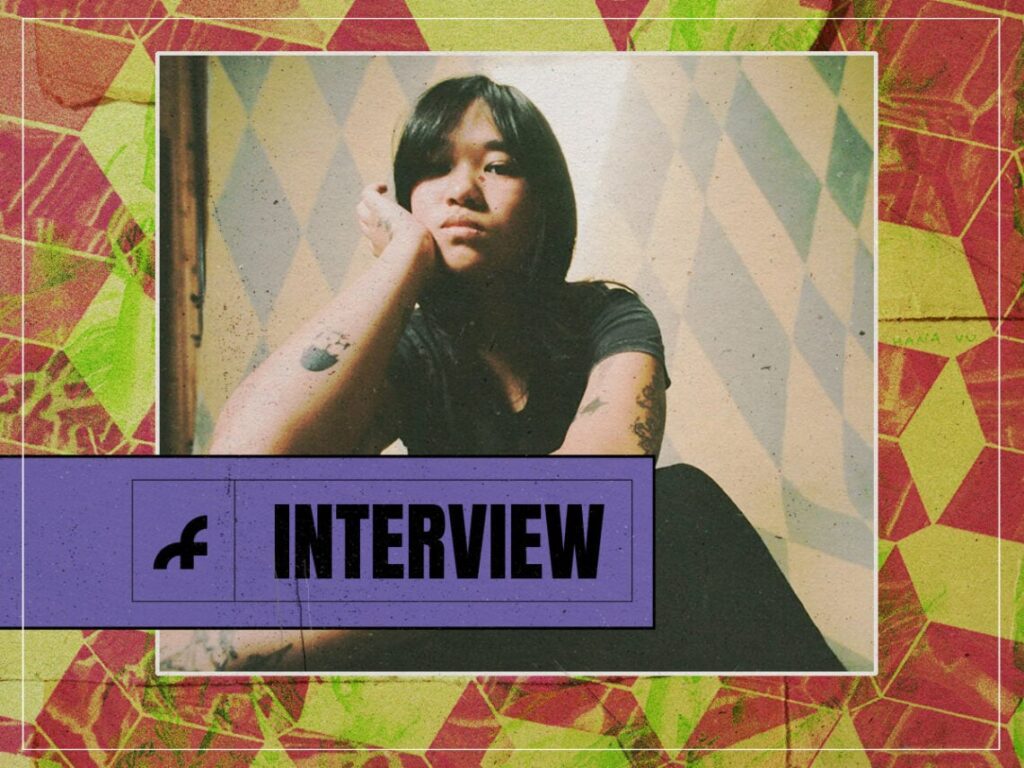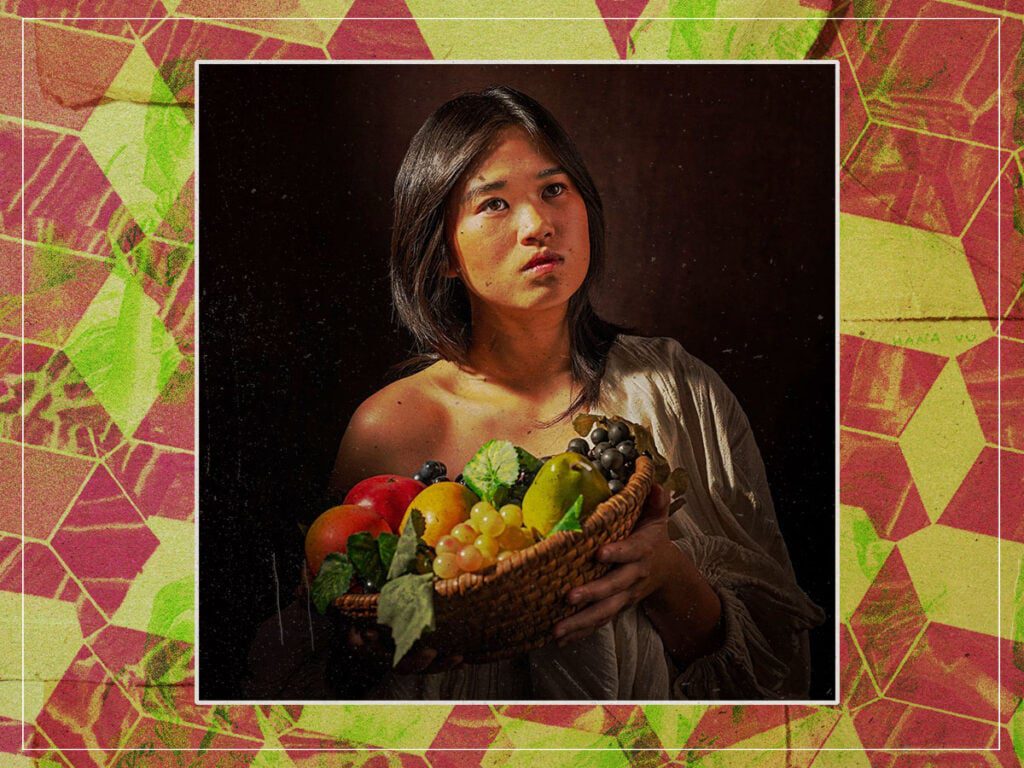Finding solace and sadness: Hana Vu talks about ‘Romanticism’
 Posted On
Posted On
(Credits: Far Out / Andrew Yuyi Truong)
There are essays, books and series dedicated to trying to define what romanticism is. The role the human psyche can have on our creativity will always be discussed, and while contradictions exist, the topic will be debated. However, the absolute basic definition of what romanticism is, is when a musician parks their craftmanship, having it take a backseat, while they let their emotion steer the course of creativity.
Bach provided a bare-bones explanation of it when he said, “A musician cannot move others unless he too is moved… In languishing, sad passages, the performer must languish and grow sad… Similarly, in lively, joyous passages, the executant must again put himself into the appropriate mood.”
Now, centuries later, does that definition still apply to romanticism in the 21st century? If we ask the newest artist championing the phrase and allowing her emotion to pierce her veil of creativity, Hana Vu, it certainly does. “I really do agree with that,” she speaks to me from her room in LA, the California sun scattered sporadically across her backdrop.
“I was thinking the other day that as artists, it’s kind of ridiculous to be a musician and be an artist, but at the end of the day, you really do synthesise the world and your own sadness, for yourself, but it does help people and resonate with other people and that’s important.”
What is the point of music? There are a number of reasons why we could justify the amount of time and effort we put into it as both a creator and a consumer, but one of the most prevalent reasons why it’s so important has to be because of the emotional connection we can establish with it. We live so much of our lives in our heads and don’t vocalise how we feel about ourselves, other people, or the world. Then the music comes along, which doesn’t only vocalise the same feeling you’re having but does so in a way that we are excited to engage with as opposed to hesitant.
In that sense, music creates another layer of consciousness to the one we usually occupy. One where people can talk about their feelings and not be judged for them, while others can acknowledge their own feelings based on what was said. In other words, music is essential because it makes the world a bit less lonely. At the heart of that is romanticism, and in that sense, it’s only right that Hana Vu would name her new album after it, a record born out of sadness and with a longing nostalgia at its centre.

“I started writing for this record a couple of years ago, and I just happen to be going through a long period of sadness,” she explained. “It really was a way of processing and synthesising myself at that time.” All of the songs were created in complete isolation to engage with her emotions when putting the record together truly. “I write by myself because I think it’s easier to get to the truth of oneself by yourself, and, you know, you can try things and not be afraid.”
The album is a tangible version of one of the most intangible feelings. Vu talks about feeling nostalgic and mourning, leaving her childhood and teenage years behind her while also trying to feel optimistic towards the future. “I think music serves a job of saying things that we can’t say with words, and you open things that we can’t quite intellectualise or articulate so concisely, and that is what the beauty of music is,” she confirms. “I had the intention of being truly thoughtful and honest, but I think as far as intention goes, it was all very intuitive and feelings-based.”
The nostalgia element of this album will resonate with many people, not only because of how well-executed it is but also because a lot of the instrumentation invokes feelings of early 2010’s indie. This was partly intentional, as Vu wanted to take quite an emotional theme and apply a stadium-like sound to it. “I was listening to a lot of huge pop rock. I was listening to Coldplay, Oasis, I was listening to a lot of The Killers. I think because I am sort of an indie musician and I live in a sort of niche, it would be more fun to recontextualise it into a really huge act.”
This album acts as a representation of why music is important and also plays a part in highlighting the contradiction that comes with it. While people might create in times of sadness, and others might listen to have their sadness acknowledged, joy comes from the engagement with music on both sides. In making an album that reflects the past, Hana Vu creates something that can also make her excited for the future, as the reception for this record will be huge, and an exciting tour is going to follow.
Vu acknowledges this, but all in all, she enjoys focusing on the past because it is much easier to come to terms with. “I am someone who is particularly attached to the past because it is more tangible than the future, and the future is obviously really scary. I think that’s just how I exist. I think it’s something that was really strong when I was writing this record, my feelings of pastness; I think when you feel like the future is so untamed and frightening, you just sort of cling to the past. It brings you a sort of solace and also a sort of sadness.”
[embedded content]


